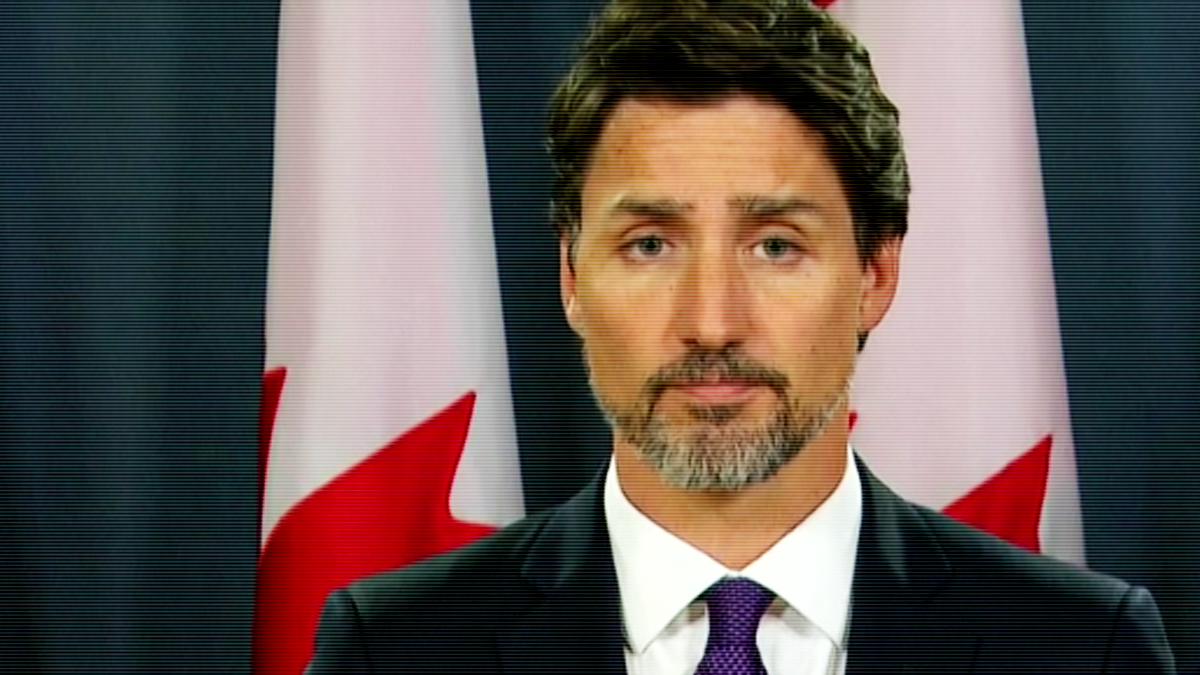Fitch Ratings devalued Canada’s credit rating down to AA+ due to a “deterioration of Canada’s public finances.”
The rating organization noted that Canada’s gross government debt will reach 120% of the entire country’s economic output, a percentage which Fitch notes as “significantly higher” than other countries with the rating.
Fitch also doubted whether Prime Minister Justin Trudeau could attain a majority government in the next election, noting that Conservative Leader Erin O’Toole “presents a new dynamic” to the race.
“Regardless of which party is in power after 2020, the government faces deep fiscal and economic policy challenges and risks,” wrote Fitch.
Earlier this month, former finance minister Bill Morneau resigned from his position after facing public embarrassment over the WE Charity scandal.
During his testimony at the House of Commons finance committee, Morneau admitted that he had paid back WE $41,000 in reimbursements for free travel to himself and his family in 2017.
Deputy Prime Minister Chrystia Freeland filled Morneau’s former position.
Soon after Morneau’s resignation, Trudeau announced that he would prorogue parliament and present a throne speech on September 23rd with a confidence vote to follow.
While speaking to Reuters, a Liberal insider told the publication that Canada’s spending “taps are really going to be turned on.”
Over the length of the pandemic, Liberal spending has plunged the federal government into a projected $1.2 trillion worth of debt, while running a deficit of nearly $400 billion.
